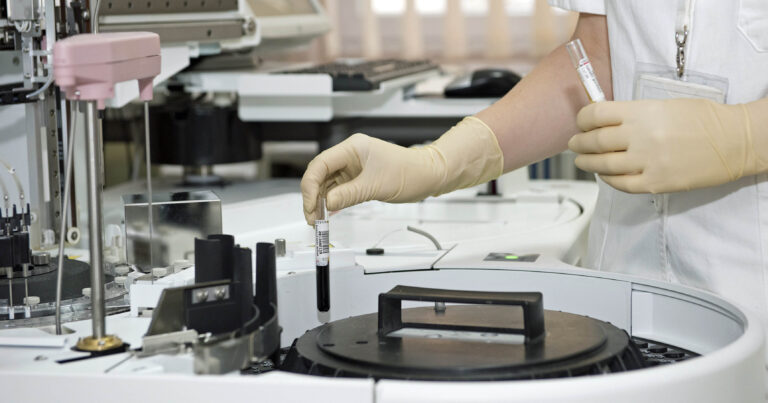Critical Care/Intensive Care Physician Assistant Career Guide
Looking for a different career guide?
Overview
Critical Care/Intensive Care Physician Assistants (PAs) are integral members of the healthcare team in critical care units, where they play a crucial role in managing patients with life-threatening conditions. In this comprehensive guide, we will explore the role of a Critical Care/Intensive Care PA, the educational requirements, qualifications, necessary skills, responsibilities and the pros and cons of this
Education
To become a Critical Care/Intensive Care PA, you must first complete a Bachelor's degree, followed by enrollment in a Master's degree program in Physician Assistant Studies. These programs typically take about two to three years to complete and are offered by accredited universities and medical schools. Admission prerequisites often include a bachelor's degree, prerequisite coursework in science and healthcare and
Qualifications

Skills
If you aspire to become a Physician Assistant in the field of critical care, you should possess a broad range of skills and competencies. This will help you provide the best possible care to your patients. Firstly, you must have a deep understanding of critical care medicine and the management of complex conditions. Additionally, you need to be proficient in
Responsibilities
Critical Care/Intensive Care PAs are responsible for a diverse range of tasks when it comes to treating critically ill patients. Their duties include conducting thorough assessments of patients who are in critical condition. They work closely with physicians to develop and implement effective treatment plans, and they continually monitor patient progress to make adjustments as necessary. Part of their role
Salary Insights
The average salary for a Critical Care/Intensive Care Physician Assistant is $7,650.00 per week.
Last updated on January 14, 2025. Based on active jobs on Vivian.com.
Pros & Cons
There are many reasons why someone might be drawn to working as a critical care PA. For one, it offers the opportunity to make a direct impact on saving lives in critical situations. Additionally, there is a growing demand for skilled critical care PAs due to the increasing complexity of medical conditions. The work is also quite diverse, with opportunities
Some of the content on this page was enhanced using artificial intelligence.
Join over 1 million healthcare workers that are getting a head start with Vivian.
Join Vivian





